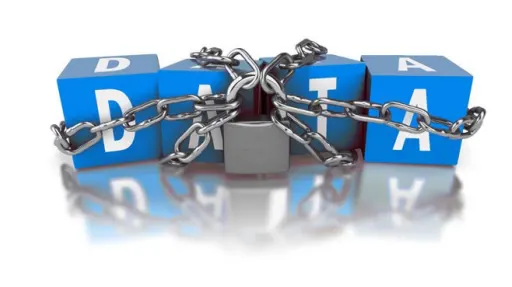Outsourcing clinical data registry abstraction can be a cost-effective and efficient way for healthcare organizations to collect and analyze data from clinical trials, electronic health records, and other sources. However, it is important to ensure that the data being collected is kept safe and secure throughout the process.
One way to ensure the safety of clinical data when outsourcing registry abstraction is to choose a vendor that is compliant with relevant regulations and industry standards. This includes the Health Insurance Portability and Accountability Act (HIPAA) in the United States, which sets standards for the protection of personal health information. It is important to ensure that the vendor you choose has the necessary systems and processes in place to ensure that they are HIPAA compliant.
Another way to ensure the safety of clinical data is to use secure methods of data transmission and storage. This includes using encrypted communication channels, such as secure email or virtual private networks (VPNs), to transmit data between the vendor and your organization. It is also important to ensure that the vendor is using secure servers and storage systems to store the data they are collecting.
Finally, it is important to have a clear understanding of what the vendor will be doing with the data they collect and to have a contract in place that outlines the terms of the data use. This includes any potential uses of the data for research or other purposes, as well as any restrictions on the sharing or dissemination of the data.
By taking these steps, healthcare organizations can ensure that their clinical data is kept safe and secure when outsourcing registry abstraction. This not only protects the privacy of patients, but it also helps to build trust with stakeholders and ensures that the data being collected can be used for its intended purposes.


